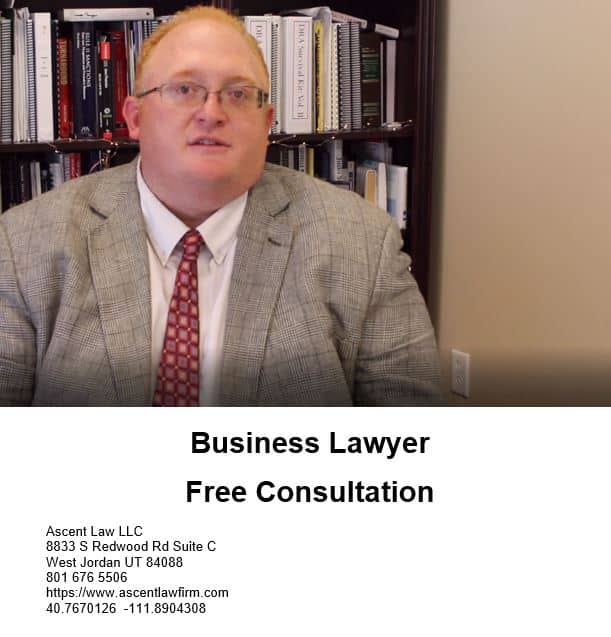
As an employer, it’s your responsibility to withhold, deposit, report, and pay federal employment taxes for your employees. Generally, the federal employment tax is made up of federal income tax; the Federal Insurance Contributions Act (FICA), also known as the Social Security and Medicare tax); and the Federal Unemployment Tax Act (FUTA), which is the unemployment tax.
It might be hard to believe that failing to withhold, deposit, report, or pay these taxes can result in harsh penalties including potential criminal liability, huge fines, and possible jail time. Here’s a list of potential penalties your business could suffer if you fail to follow federal tax laws.
1. If your federal employment tax deposit is one to five days late, the Internal Revenue Service (IRS) imposes a 2 percent penalty.
2. If your deposit is six to fifteen days overdue, you can be charged a 5 percent penalty.
3. If your deposit is late by sixteen days or more, there is a 10 percent penalty.
4. If the IRS sends you a notice stating that you owe federal employment taxes and you pay the deposit directly to the IRS within ten days of the notice, you’ll be charged a 10 percent penalty.
5. If the IRS sends you a notice stating that you owe the taxes but you wait more than ten days before complying, there is a 15 percent penalty
6. A 10 percent penalty applies if you make the deposit at a financial institution that is not an authorized financial institution.
7. For every month or partial month that you fail to file a return, the IRS imposes a penalty of 5 percent of what the return should have shown, up to a cap of 25 percent.
8. For every month or partial month that you withhold federal employment taxes but pay them late, the IRS imposes a penalty of 0.5 percent of the tax amount, up to a cap of 25 percent.
9. If you don’t withhold income and FICA taxes as you are required to do, or if you withhold the taxes but don’t pay them to the IRS, the IRS is authorized to penalize you up to 100 percent of the taxes owing.
10. If you willfully try to evade the federal employment taxes, you commit a felony and can be punished by a fine, and you could be imprisoned for up to five years.
11. If you willfully fail to collect or pay to the IRS any federal employment tax, you commit a felony and can be fined and you could go to prison for years.
12. If you willfully fail to file a return, keep federal employment tax records, or give the IRS information it requires, you commit a misdemeanor and face a step financial penalty, and you could go to jail for a year.
13. If you willfully submit a false IRS form you could be fined and go to jail for up to one year.
14. If you are the person responsible for withholding, collecting, accounting for, and paying the federal employment taxes and you willfully sign or submit a document that you know contains false statements, you are guilty of a felony and could face a financial penalty and imprisonment for years.
Utah Business Attorney
When you need legal help from a Utah Business Lawyer, please call Ascent Law LLC for your free consultation (801) 676-5506. We want to help you.
8833 S. Redwood Road, Suite C
West Jordan, Utah
84088 United States
Telephone: (801) 676-5506
Recent Posts
Top Attorneys In Utah Taylorsville
Can I Lie About Being An Accredited Investor?
{
“@context”: “http://schema.org/”,
“@type”: “Product”,
“name”: “ascentlawfirm”,
“description”: “Ascent Law helps you in divorce, bankruptcy, probate, business or criminal cases in Utah, call 801-676-5506 for a free consultation today. We want to help you.
“,
“brand”: {
“@type”: “Thing”,
“name”: “ascentlawfirm”
},
“aggregateRating”: {
“@type”: “AggregateRating”,
“ratingValue”: “4.9”,
“ratingCount”: “118”
},
“offers”: {
“@type”: “Offer”,
“priceCurrency”: “USD”
}
}
The post Penalties For Violating Federal Employment Tax Rules first appeared on Michael Anderson.
Source: https://www.ascentlawfirm.com/penalties-for-violating-federal-employment-tax-rules/
source https://dameapardly11.wordpress.com/2020/08/23/penalties-for-violating-federal-employment-tax-rules/

No comments:
Post a Comment